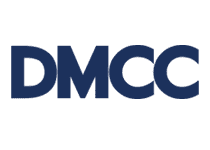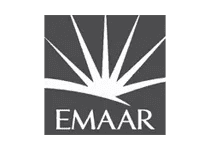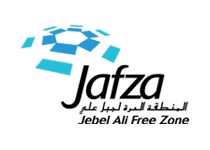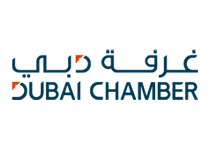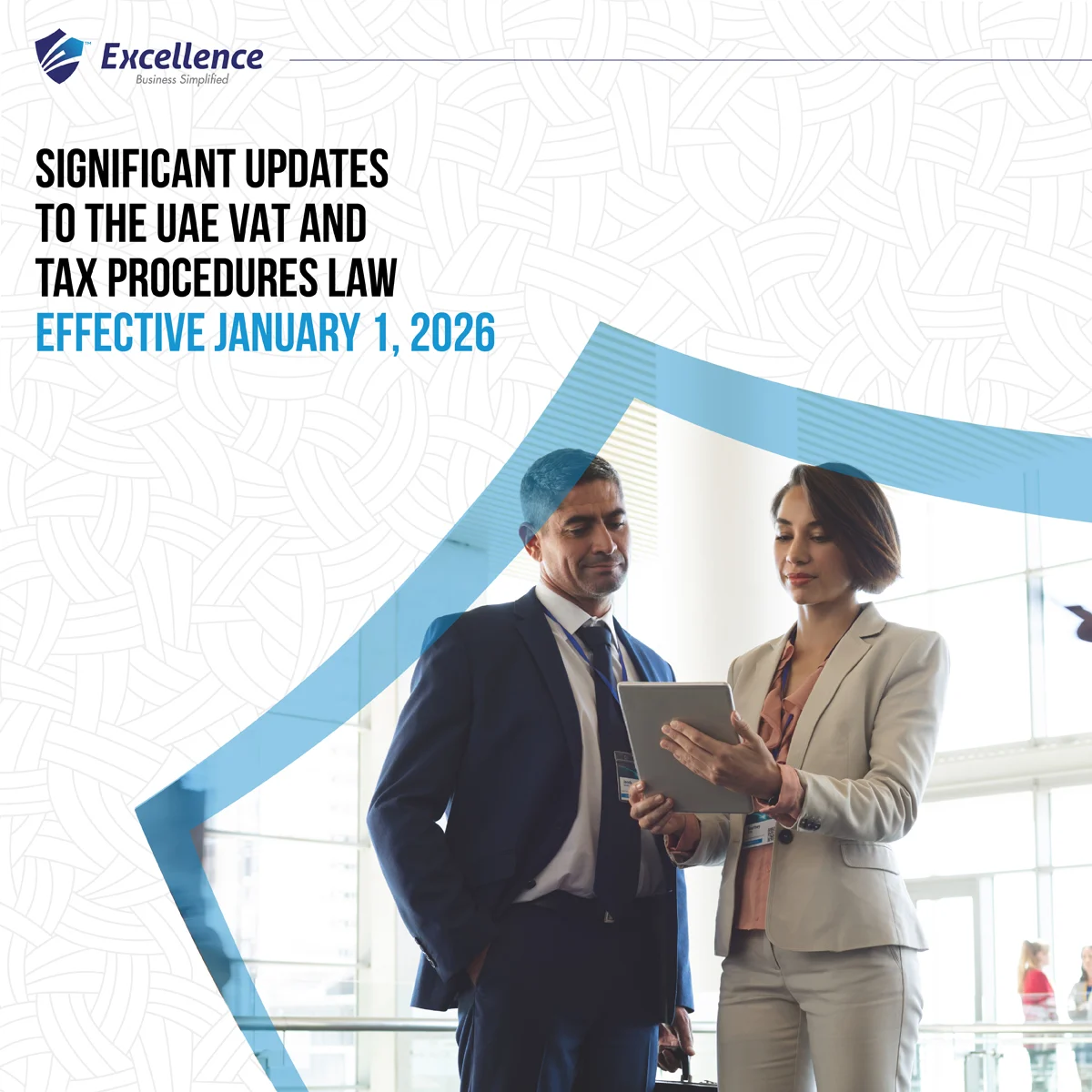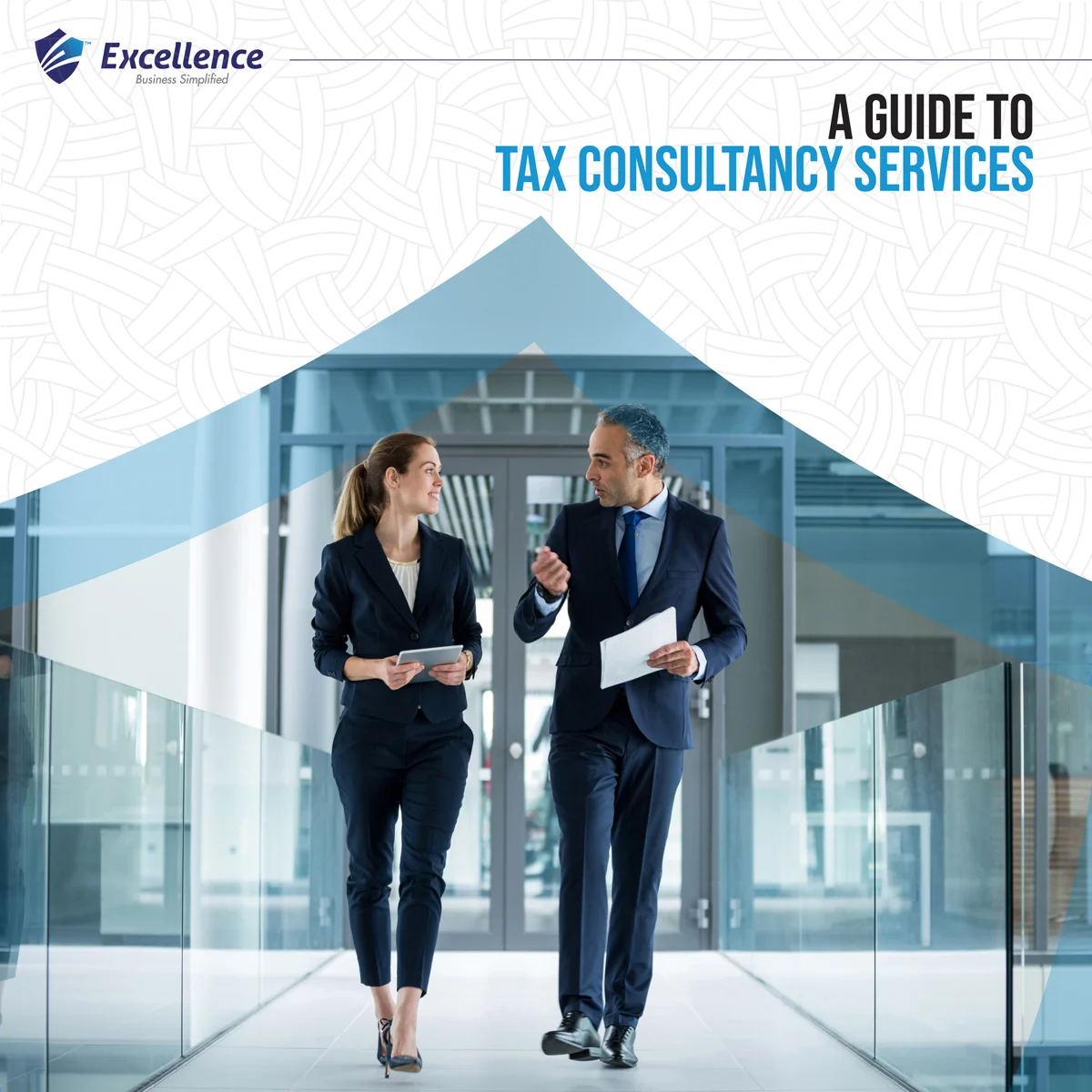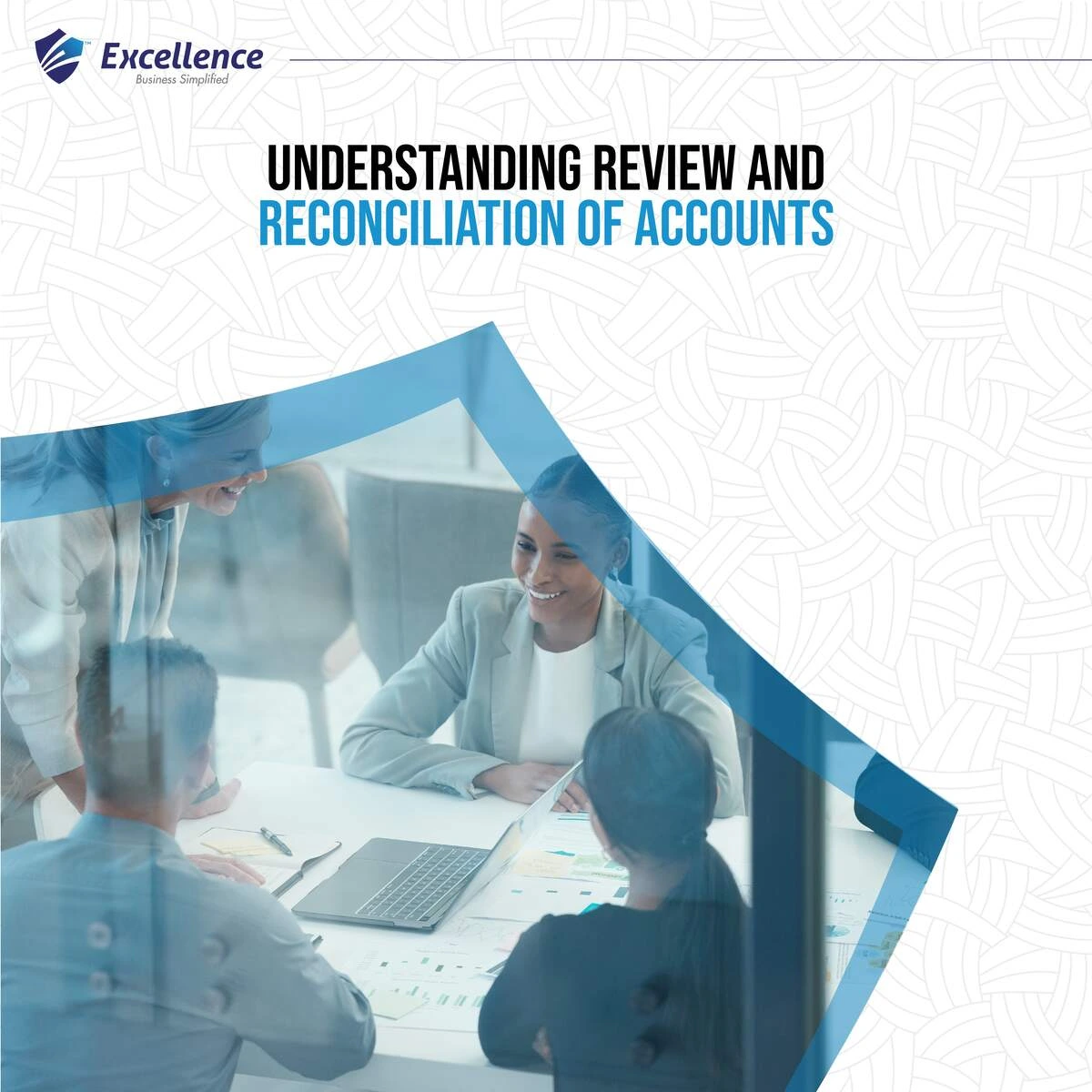Relevant Accounting Standards
1. IFRS 10 - Consolidated Financial Statements
- Establishes guidelines for preparing and presenting consolidated financial statements.
- Mandates consolidation of subsidiaries over which control is exercised, defined by the power to direct activities, exposure to variable returns, and the ability to influence returns through control.
2. IAS 27 - Separate Financial Statements
- It guides the recording of investments in subsidiaries, joint ventures, and associates in the parent company’s financial statements.
3. IFRS 12 - Disclosure of Interests in Other Entities
- Outlines disclosure requirements for subsidiaries, joint arrangements, associates, and unconsolidated structured entities.
Audit Perspective: Roles and Responsibilities
Audit companies play a critical role in the consolidation process, with the group auditor ensuring that consolidated financial statements align with accounting standards and are free from material misstatements. Key duties include:
1. Planning and Risk Evaluation
- Identify significant components within the group as per ISA 600
- Assess risks of material misstatements at both the group and component levels
- Review the appropriateness of the group’s financial reporting framework
2. Consolidation Process
- Ensure the elimination of intra-group transactions and balances
- Evaluate adjustments related to non-controlling interests and goodwill
- Confirm consistent application of accounting policies across components
3. Coordination with Component Auditors
- Issue clear group audit instructions detailing significant risks and required procedures
- Assess the sufficiency and relevance of component auditor outputs
4. Assessment of Evidence
- Evaluate the reliability and quality of financial data provided by component auditors
- Verify that disclosures comply with IFRS 12
5. Reporting Responsibilities
- Issue an opinion on the consolidated financial statements
- Share significant findings with those charged with governance, following ISA 260 guidelines
Component Auditor’s Role
Component auditors focus on specific subsidiaries, ensuring that the financial data aligns with the relevant accounting standards and complies with local regulatory requirements. They are integral to the consolidation process, assisting the group auditor in performing audit procedures for individual components of consolidated financial statements. Their primary responsibilities include:
1. Understanding the Component
- Analyze the component’s business environment, internal controls, and financial reporting practices
- Identify and assess risks of material misstatements unique to the element
2. Executing Audit Procedures
- Conduct substantive and control tests as outlined in group audit instructions
- Address significant risks identified by the group auditor
3. Reporting to the Group Auditor
- Communicate findings promptly and effectively
- Maintain working papers and documentation that are aligned with ISA standards
- Highlight issues or discrepancies affecting the consolidation process
4. Compliance with Group Audit Instructions
- Adhere to prescribed timelines and procedures
- Collaborate with other component auditors as required
General Challenges in Consolidation Audits
Consolidation audits come with several challenges that require careful attention to detail, especially for large organizations or multinational businesses. One of the primary issues is ensuring uniform accounting policies across all group entities. Ensuring that accounting standards are applied consistently is also complex, and it becomes even more complicated when dealing with subsidiaries in different regions.
Another challenge in consolidation audits is handling intercompany transactions. Auditors must identify and eliminate intercompany balances and transactions to prevent misstatements that could distort the consolidated financial statements. Qualified audit companies play a significant role in addressing these issues by ensuring that transactions between subsidiaries are accurately recorded and adequately reconciled, maintaining the integrity of the consolidated data.
The complexity of organizational structures is another challenge in consolidation audits. Groups with intricate organizational setups, multiple subsidiaries, or diverse operations require a highly coordinated approach. This is where experienced auditors excel, offering their expertise in managing these complexities, providing the necessary oversight to ensure that financial statements reflect the actual financial position of the entire group.
Lastly, foreign currency translation presents a challenge in consolidation audits, especially when consolidating results from entities that operate in different currencies. Compliance with IAS 21 for foreign currency translation is a critical requirement that audit companies in UAE must follow.
Group Audit Instructions
As prescribed by ISA 600, group audit instructions are vital to achieving a cohesive audit process. These typically encompass:
- Scope: Define the specific financial statement areas for audit and required detail levels
- Significant Risks: Outline group-level risks, such as revenue recognition or goodwill impairment
- Materiality Thresholds: Establish overall and component-specific materiality to guide procedures
- Timelines: Set deadlines for completing procedures, submitting reports, and resolving queries
- Reporting Requirements: Specify formats and content for component auditor submissions
Preparing and auditing consolidated financial statements requires strategic planning, effective coordination, and adherence to global standards. The group auditor oversees the consolidation process, assesses risks, and guides component auditors. Audit companies like Excellence are instrumental in this process, providing specialized expertise to ensure compliance with all regulatory requirements. When IFRS, IAS, and ISA are meticulously applied, the consolidated financial statements offer a transparent and reliable view of the group’s overall economic health.

